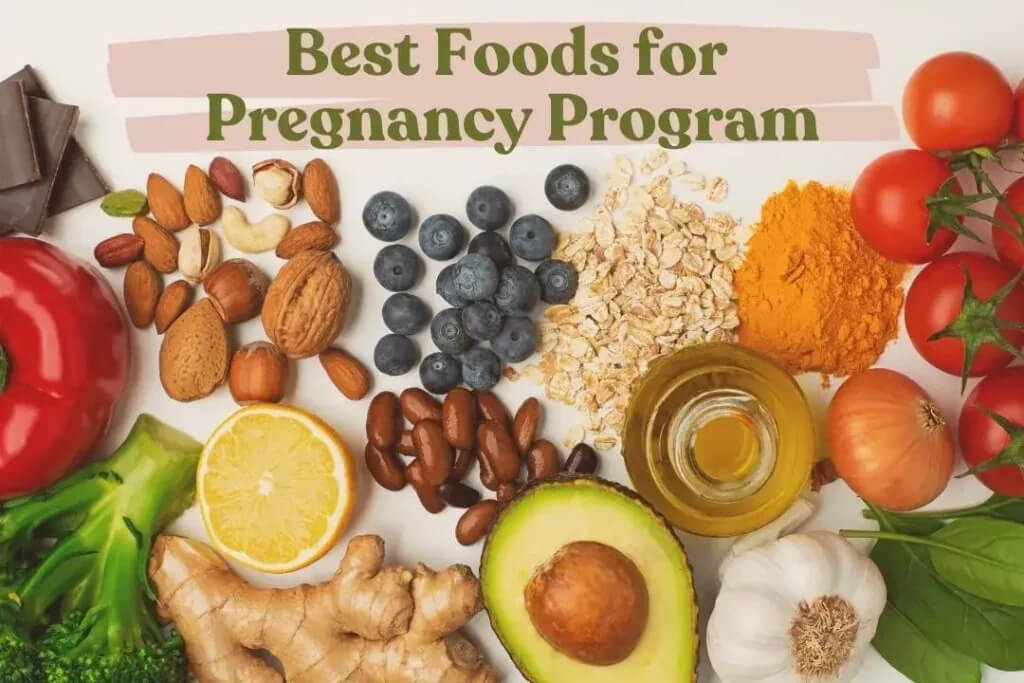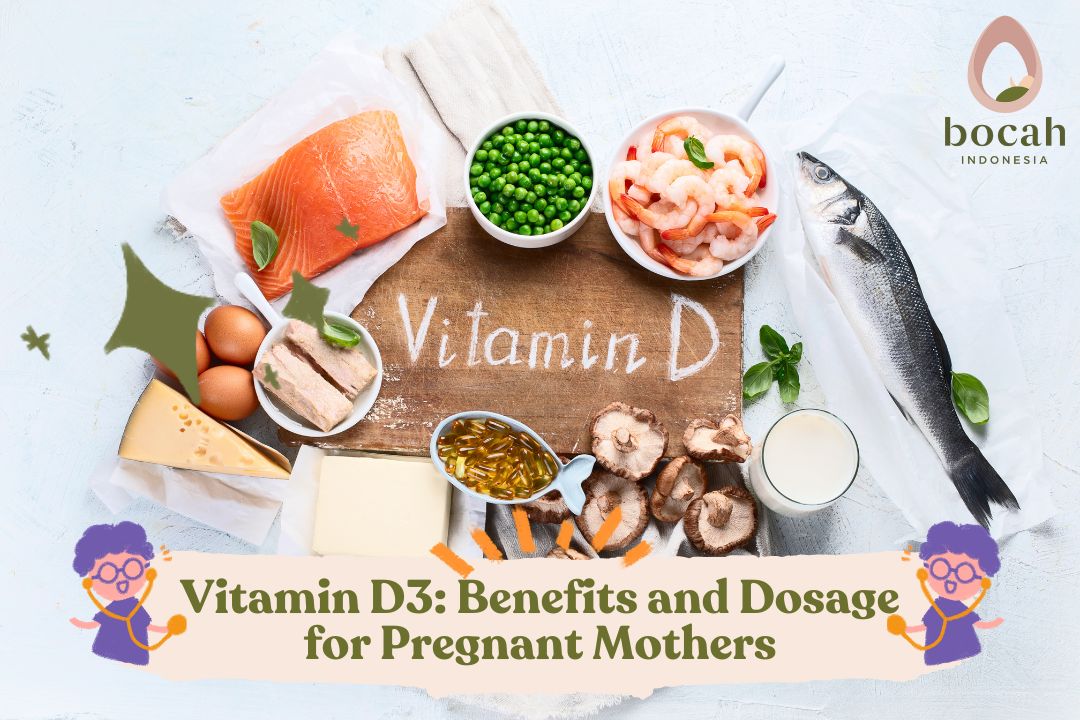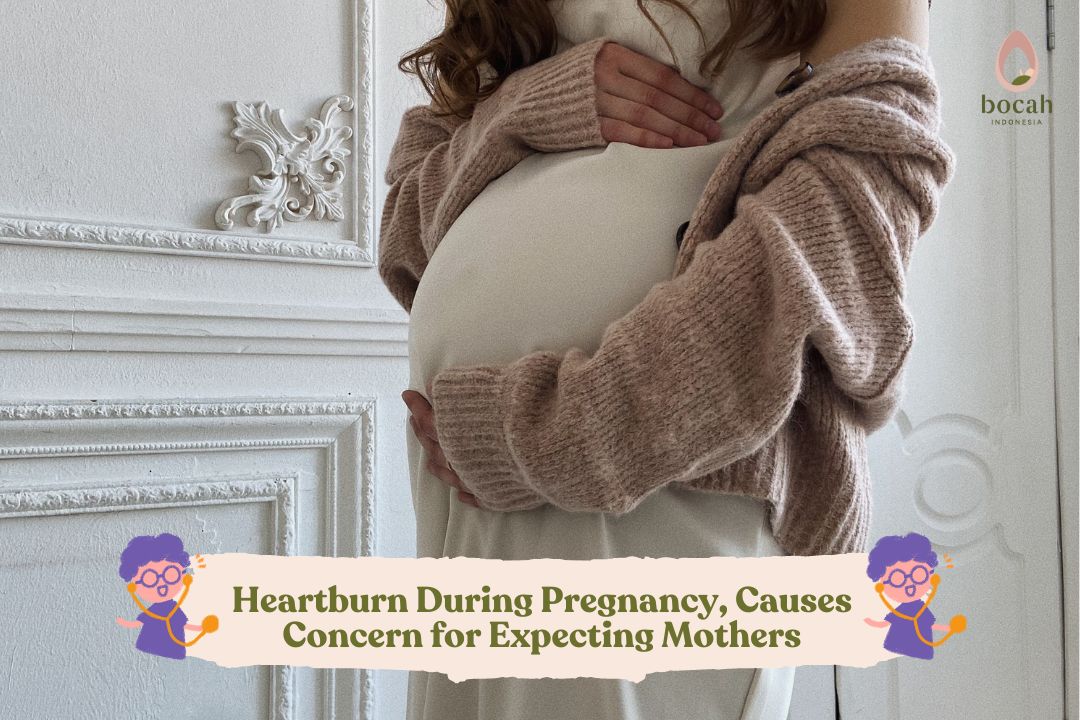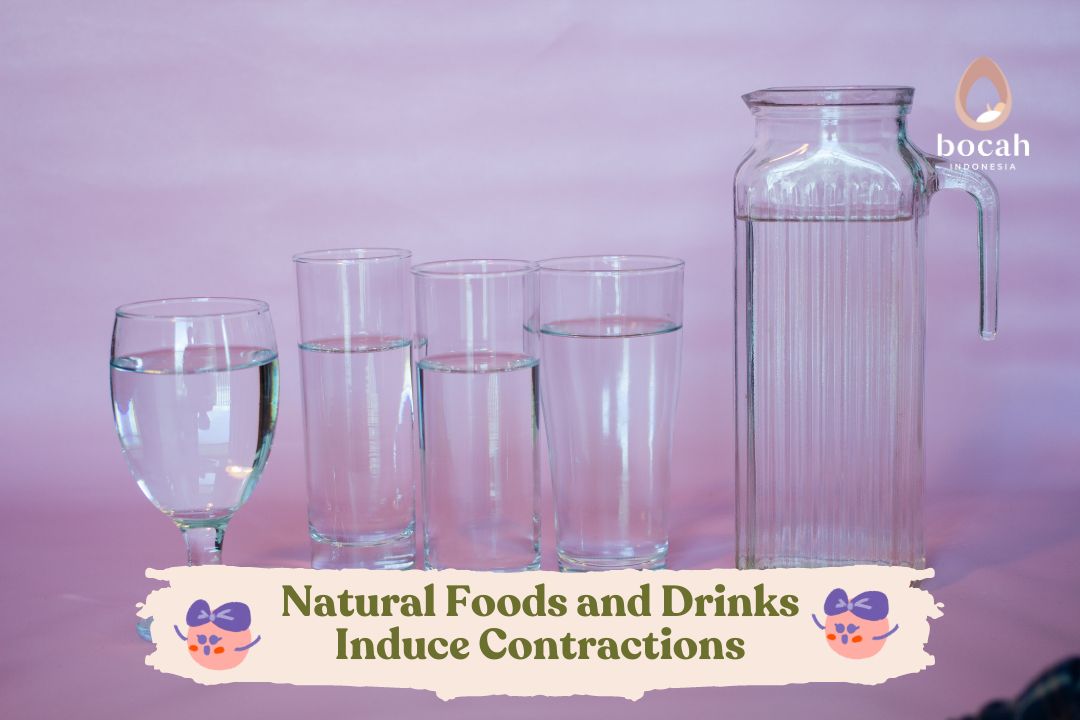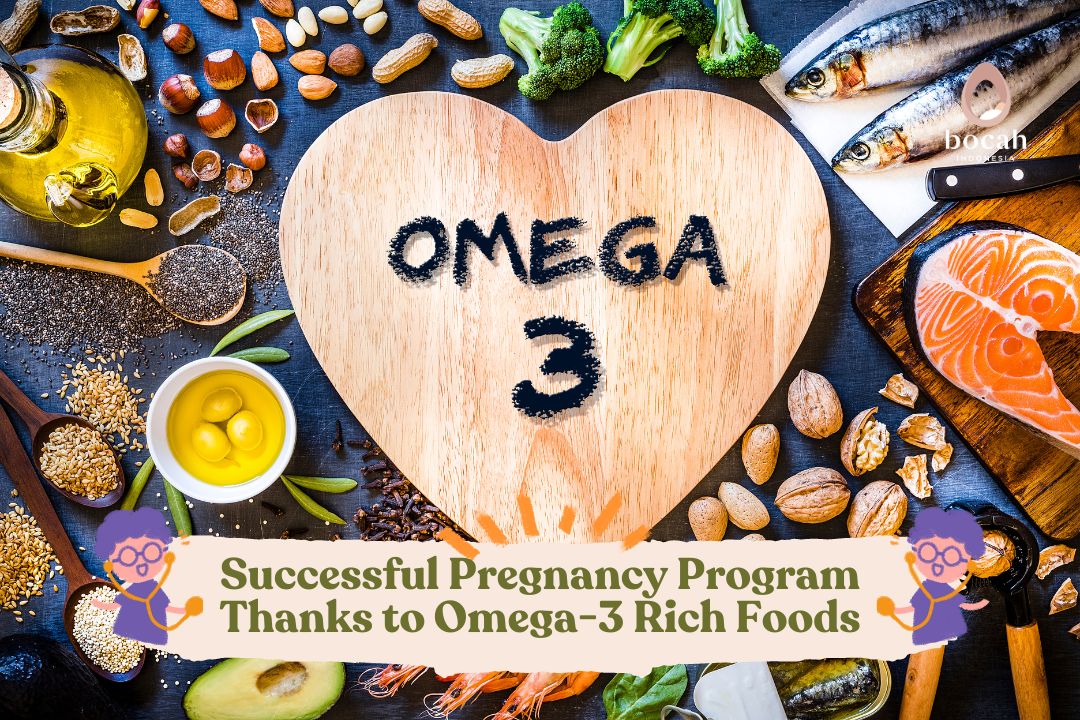High-Protein Foods Expectant Mothers Should Consume
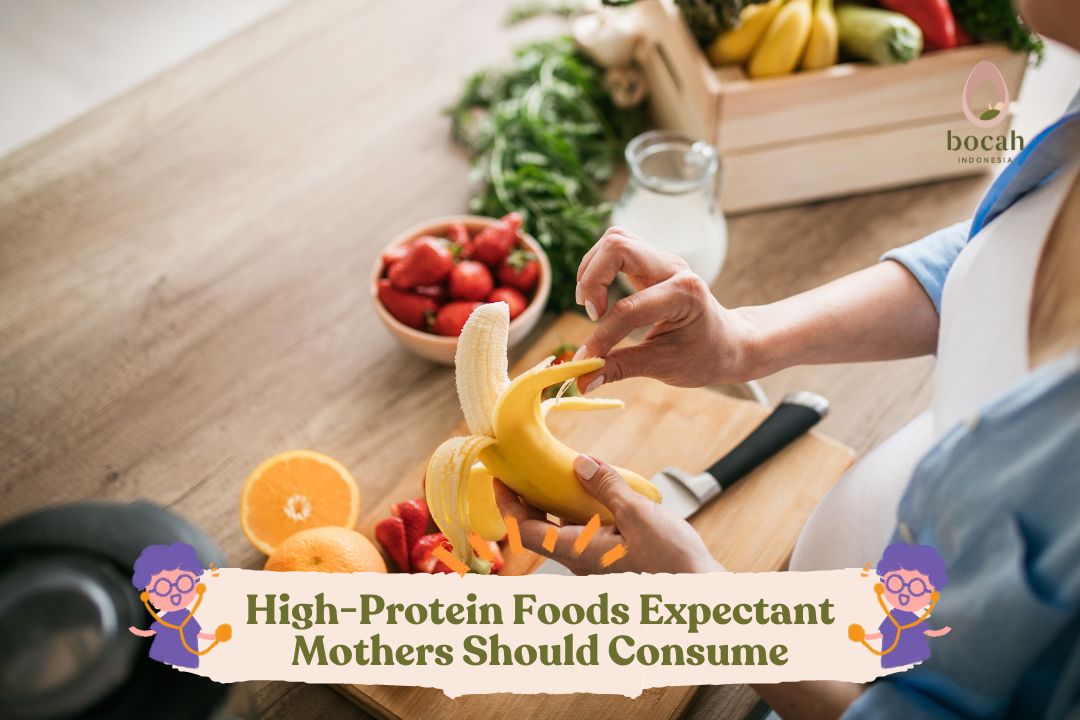
Meeting protein needs is crucial, especially for pregnant women who require specific daily protein intake. Here are the proteins pregnant women need every day.
The importance of meeting protein intake for pregnant women cannot be overstated. Protein is one of the key nutrients that plays a vital role in fetal development and maternal health.
During pregnancy, a woman’s body undergoes significant changes, and one of the primary changes is an increased need for protein. Find out what high-protein foods are suitable for pregnant women.
Why Protein Is Crucial During Pregnancy?
Protein is a crucial nutrient during pregnancy. Protein’s building blocks, called amino acids, play countless roles in the body, from maintaining muscle, skin, and bone structure to producing essential growth hormones.
Moreover, protein plays a crucial role in supporting fetal growth and aids in the formation of various new fetal body tissues, including muscles, skin, and vital organs crucial for the fetus’s survival.
Tanya Ferly tentang Promil?
Meeting daily protein requirements is a vital step in reducing the risk of complications such as fetal growth restriction and premature delivery.
Protein also plays a role in addressing common pregnancy symptoms such as edema (body swelling) and low blood pressure. By consuming high-protein foods, pregnant women can also help manage normal weight changes during pregnancy.
Additionally, protein contributes to the production of hormones and enzymes needed to maintain the health of both the mother and fetus. Therefore, maintaining adequate protein intake during pregnancy is a crucial step.
How Much Protein Do Pregnant Women Need?
Protein requirements for pregnant women can vary depending on several factors such as age, physical activity, weight, and pregnancy stage. However, as a general guideline, pregnant women should aim for about 71 grams of protein per day.
This amount is considered sufficient to meet protein needs during pregnancy to support fetal growth and development and to meet the needs of the pregnant woman’s body.
However, it is essential to remember that each individual may have different requirements. Therefore, it is crucial to consult with a doctor or nutritionist during pregnancy. They can provide more specific recommendations based on your health condition and the progress of your pregnancy.
Are Protein Powders Safe During Pregnancy?
If you want to increase protein intake during pregnancy, supplements like protein powder may seem like a straightforward solution. However, you need to be cautious when consuming any supplements during pregnancy.
Protein powders and other supplements often contain a significant amount of concentrated protein. Research shows that excessive protein intake during pregnancy can have adverse effects, so it is essential to meet protein needs safely.
Protein supplements are also not regulated by the Food & Drug Administration (FDA), making it challenging to know exactly what is in the protein powder, and even the ingredients listed on the label may not be 100% safe during pregnancy.
Furthermore, unlike whole food protein sources like fresh chicken or eggs, protein powders contain small amounts of heavy metals, caffeine, or herbs like ginkgo that can make the supplement unsafe for pregnant women.
For these reasons, it is better for pregnant women to obtain protein through food or through vitamins and supplements during pregnancy. Partners should ensure that pregnant women do not consume anything without discussing it with a doctor first.
High-Protein Foods for Pregnant Women
Pregnant women can meet their daily protein needs during pregnancy by consuming healthy, nutritionally balanced foods. Here are some of the best protein-rich foods for expectant mothers:
- Chicken Breast: A 3-ounce cooked chicken breast contains approximately 26 grams of protein. You don’t need to consume a large chicken breast to meet your protein needs. Just one 3-ounce serving of chicken breast can provide about half of your daily protein requirement.
- Eggs: Two large eggs contain about 12 grams of protein. Eggs offer protein, as well as essential pregnancy nutrients like bone-building vitamin D and brain development-supporting choline.
- Lean Beef: Lean ground beef contains around 22 grams of protein per 3 ounces when cooked. Beef is not only an excellent protein source but also contains iron, a crucial nutrient for oxygen transport to the mother and baby’s entire body.
- Salmon: Salmon contains about 22 grams of protein per 3 ounces when cooked. Additionally, salmon is a source of omega-3 fatty acids, which are beneficial for the development of the fetal brain, eyes, and immune system.
- Legumes: Legumes, such as white, black, pinto, cranberry, or navy beans, and lentils, provide between 15 to 30 grams of protein per cooked cup. Edamame, a delicious snack made from soybeans, provides around 31 grams of protein per cup.
Foods made from soy are also an excellent source of protein. For example, 1 cup (6 ounces) of tempeh (made from fermented soybeans) provides 34 grams of protein, while 1 cup (8 1/2 ounces) of tofu provides about 20 grams.
These are some healthy protein sources for pregnant women. By ensuring sufficient protein intake, pregnant women help ensure that their fetus has a strong foundation for growth and development during pregnancy.
Therefore, maintaining a healthy and balanced protein intake is one of the essential steps to support both maternal health and optimal fetal development. Remember that protein is also essential during a pregnancy program.
We hope the information above is beneficial to you, and if you want to learn more about pregnancy-related topics and pregnancy programs, please read other available articles on Bocah Indonesia’s website.




